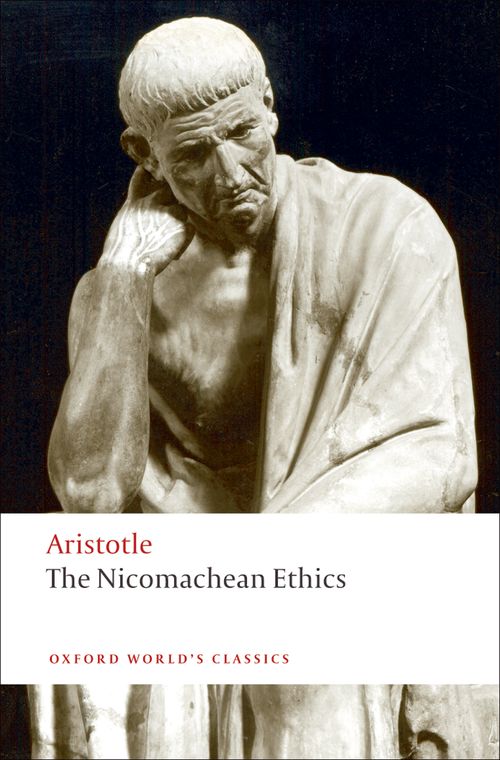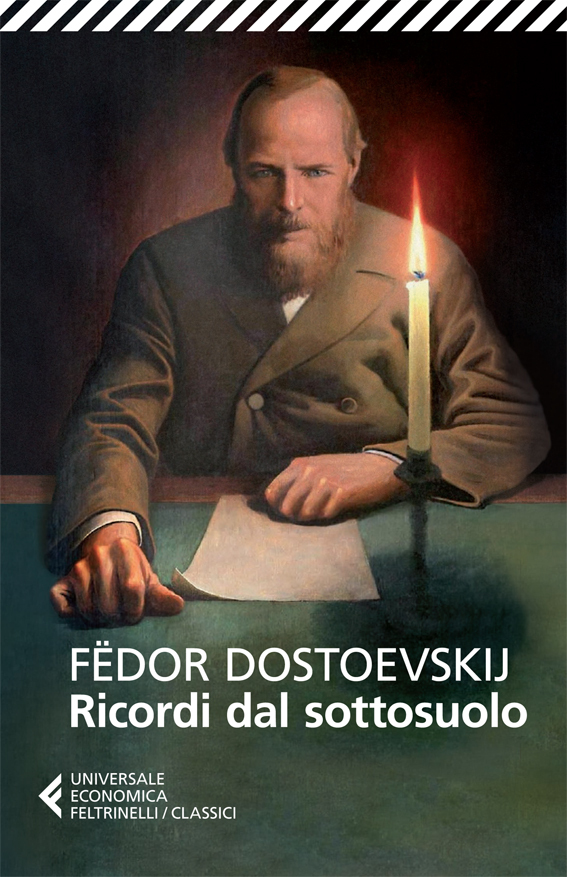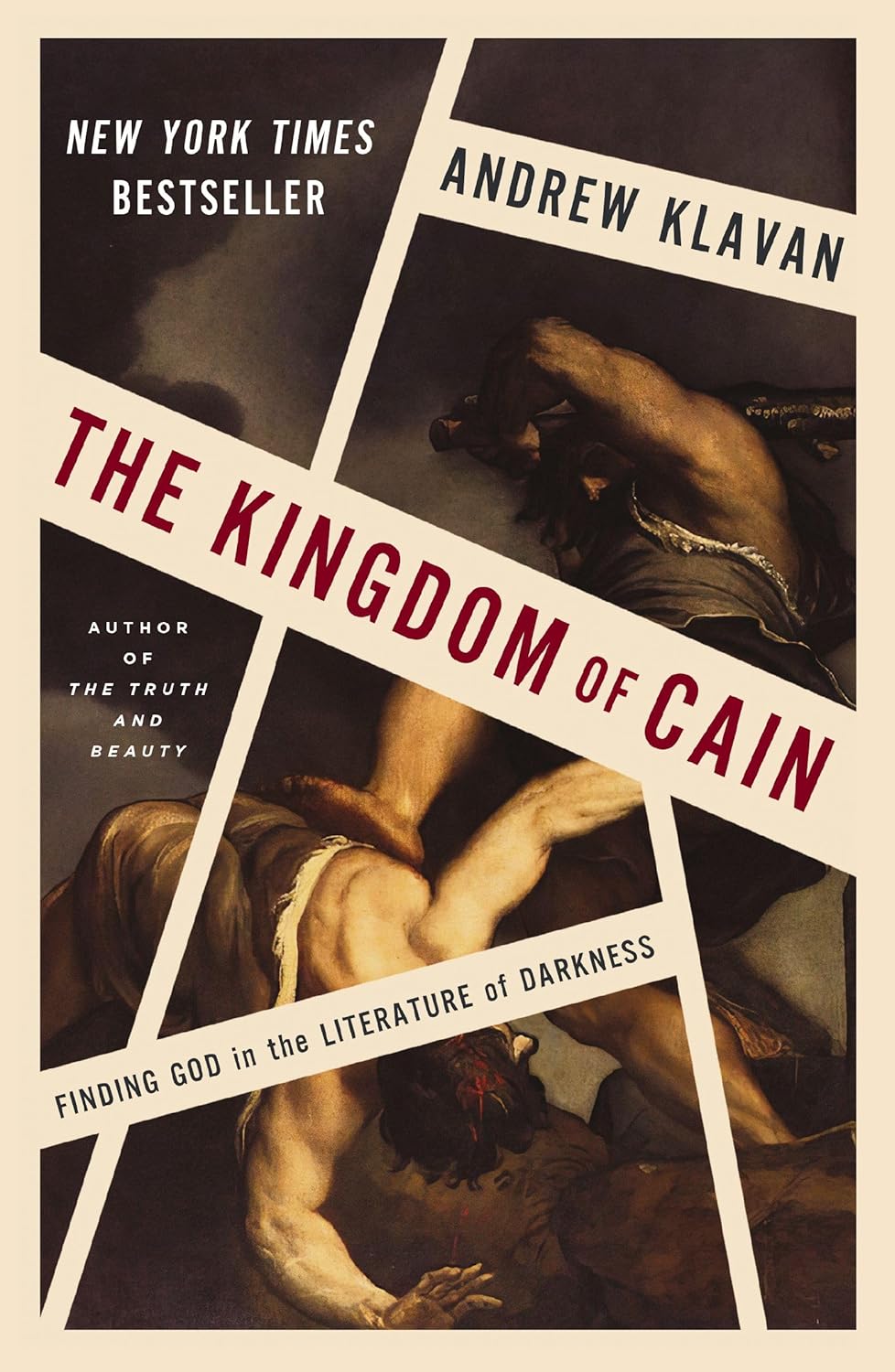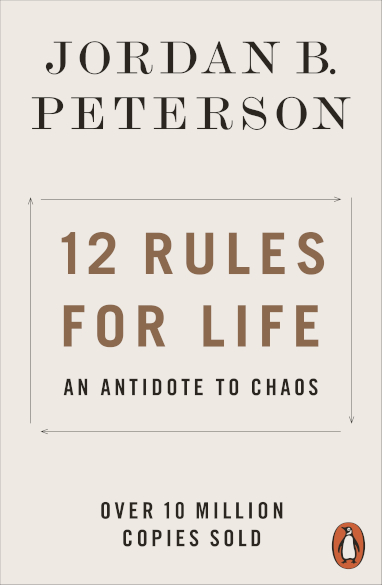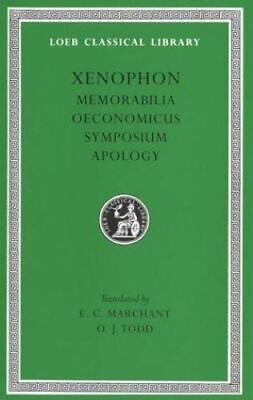But I don't want comfort.
I want God,
I want poetry,
I want real danger,
I want freedom,
I want goodness.
I want sin.
[…]
I'm claiming the right to be unhappy.
[…]
I claim them all.
I’m wearying to escape into that glorious world, and to be always there: not seeing it dimly through tears, and yearning for it through the walls of an aching heart: but really with it, and in it.
I shall never alter my ways, not even if I have to die many times.
What then is that which is able to conduct a man? One thing and only one, philosophy.
Whatever our souls are made out of, his and mine are the same.
What are men to rocks and mountains?
Nothing is either bad or good which can happen equally to the bad man and the good.
Say rather, beloved Agathon, that you cannot refute the truth; for Socrates is easily refuted.
Remember too on every occasion which leads thee to vexation to apply this principle: not that this is a misfortune, but that to bear it nobly is good fortune.
Do you reflect that all those words will be branded in my memory, and eating deeper eternally after you have left me? You know you lie to say I have killed you: and, Catherine, you know that I could as soon forget you as my existence! Is it not sufficient for your infernal selfishness, that while you are at peace I shall writhe in the torments of hell?
But disguise of every sort is my abhorrence. Nor am I ashamed of the feelings I related. They were natural and just.
A man who is good for anything ought only to consider whether in doing anything he is doing right or wrong[…]; he should not think of death or anything but of disgrace.
You said I killed you — haunt me, then! The murdered do haunt their murderers, I believe — I know that ghosts have wandered the earth. Be with me always — take any form — drive me mad! only do not leave me in this abyss, where I cannot find you! Oh, God! it is unutterable! I cannot live without my life! I cannot live without my soul!
tecum habita: noris, quam sit tibi curta supellex
live with yourself: you will know how lacking your possessions are
But the truth is, O men of Athens, that God only is wise;
The unexamined life is not worth living.
I seek the truth by which no man has ever injured. But he is injured who abides in his error and ignorance.
I would rather die having spoken after my manner, than speak in your manner and live.
Cast away opinion: thou art saved. Who then hinders thee from casting it away?
You shall not defend her, though it is Charlotte Lucas. You shall not, for the sake of one individual, change the meaning of principle and integrity, nor endeavour to persuade yourself or me, that selfishness is prudence, and insensibility of danger security for happiness.
Old longings nomadic leap,
Chafing at custom’s chain;
Again from its brumal sleep
Wakens the ferine strain.
For nowhere either with more quiet or more freedom from trouble does a man retire than into his own soul
By you, I was properly humbled. […] You showed me how insufficient were all my pretensions to please a woman worthy of being pleased.
And now I depart hence condemned by you to suffer the penalty of death — they too go their ways condemned by the truth to suffer the penalty of villainy and wrong
Only the deepest love will persuade me into matrimony, which is why I will end up an old maid.
Let thy principles be brief and fundamental, which, as soon as thou shalt recur to them, will be sufficient to cleanse the soul completely, and to send thee back free from all discontent with the things to which thou returnest.
Your pride cannot blind God!
Then I knew that not by wisdom do poets write poetry, but by a sort of genius and inspiration; they are like diviners or soothsayers who also say many fine things, but do not understand the meaning of them.
One word from you will silence me on this subject for ever.
I have not broken your heart — you have broken it; and in breaking it, you have broken mine.
There are few people whom I really love, and still fewer of whom I think well.
The hour of departure has arrived, and we go our ways — I to die, and you to live. Which is better God only knows.
γνῶθι σεαυτόν · gnosce teipsum
publications
My own arrangements/formattings of classic books. See original and LaTeX sources linked in each entry.
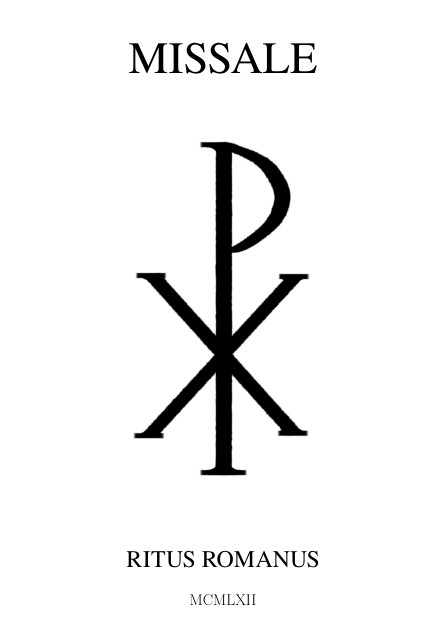
Missale
Roman rite missal in Latin, formatted to be printed as a booklet guide for the solemn Tridentine Mass.
Text is adapted directly from the 1962 Missale Romanum. Neumatic notation for the chants are taken from the 1961 Liber Usualis. A bilingual Latin/English version in the same spirit can be found here.
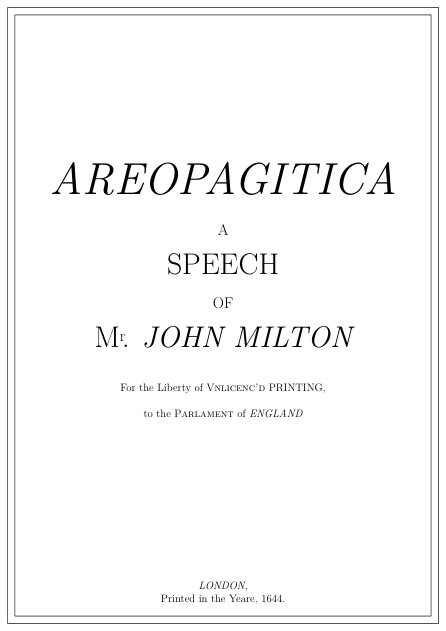
Areopagitica
John Milton's 1644 speech to the Parlament of England, reproduced as faithfully as possible to the original print. A modern text rendition can be found here.
reading list
Here I maintain a running list of every book I have ever read, by year. Book reviews also sometimes appear in my blog.
general
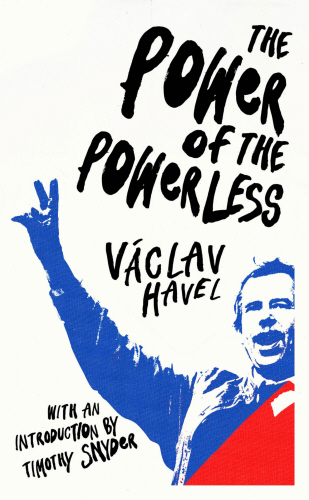
The power of the powerless, Václav Havel
Some literary works are considered great for their content alone, but a few can also be credited with altering the course of history. In the case of the horrors of the 20th century, Aleksandr Solzhenitsyn's The Gulag Archipelago is thought of as "the book which brought down the Soviet Union"; it certainly deserves the title, but it was one in a vast network of самиздат (samizdat), covert self-published books which subverted the heavy censorship of the Soviet bloc.
Václav Havel, a poet and playwright who later became Czechoslovakia's last president, and subsequently the first of the newly-formed Czech Republic, was the author of one of these works. His focus is not on grandiose political ideas: rather, his thesis is that it is in ordinary people, the seemingly powerless, where in truth all power resides. Such ideological systems are a reflection of their own faults, of living in a lie, and so it is in their capacity, and their responsibility, to oppose them by living within the truth.

Pride and prejudice, Jane Austen
What are men to rocks and mountains?
While it is on the surface a romance, this alone would not account for the immense popularity of this book. As its initial title, First Impressions, suggests, there is much more to it than a simple love story. It is at its core about the philosophy of love but, as a novelist, Austen's exploration of the theme is that of a painter or a poet: not formal but abstract, deeper and more captivating, expressing what can be felt but not easily rationalized.
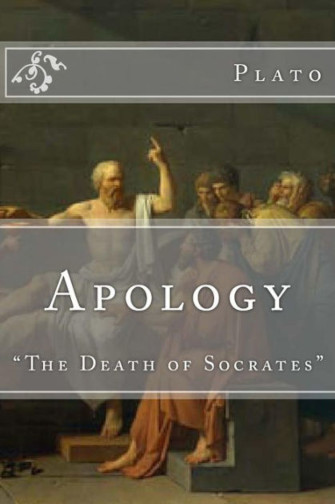
Ἀπολογία Σωκράτους (Apology of Socrates), Plato
The unexamined life is not worth living.
One of the Platonic dialogues which depicts the last days of Socrates (together with Euthyphro, Crito, Phaedo, and Xenophon's Apology). Having been accused of "corrupting the youth" and teaching men "not to receive the gods whom the city receives", and knowing what his fate is, the philosopher consults his δαιμόνιον (daimonion, his "divine faculty") and decides that, rather than desisting and escaping from his trial, as his prosecutors would have him do, he is to deliver his defense in front of the court and face the ultimate consequence.

Brave new world, Aldous Leonard Huxley
Everybody's happy now.
The World State in the Year of Our Ford 632 is perfectly constructed: humans are produced in laboratories, engineered and conditioned for their societal purpose, kept young until their death, with free access to drugs and all sorts of technological amenities.
Women are infertile or expertly trained in contraceptive rituals, encouraged to have as many partners as possible, and, if they ever "feel out of sorts", administered a passion surrogate or pregnancy substitute.

Τὰ εἰς ἑαυτόν (Meditations), Marcus Aurelius Antoninus Augustus
A book which should be mandatory reading for every man entering adult life. With deep roots in classical Greek and early Christian philosophy, these notes by Marcus Aurelius (the last of the "Good Emperors", maintainers of the Pax Romana in the first two centuries A.D.), written in the last third of his life, describe his conception of masculine virtue.
Never intended to be published (the original is unnamed, but the Greek title means literally "those to one's self"), the text has a strongly personal tone, and an abundance of incisive aphorisms:
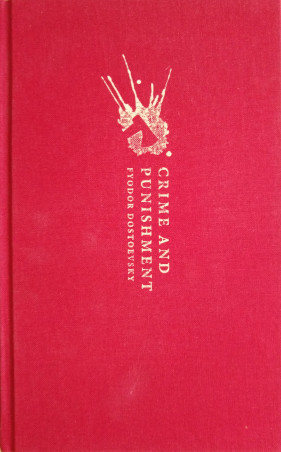
Crime and punishment, Fyodor Dostoevsky
Dostoevsky's brutal masterpiece forces the reader to develop and refine his own internal moral code as he follows Raskolnikov through the streets of pre-Bolshevism Saint Petersburg on his increasingly febrile plans of murderous vindication.
Reserve some time before you start reading even the first few pages, as the ominous pace and gravitas of the unfolding plot will surely have you gripped and rushing through the novel in a perfect reflection of the protagonist's struggle to escape the inexorable consequences of the utopian ethics fabricated by his mind and by his time.
honorable mentions
technical
Code/exercises based on some of these books can be found here.
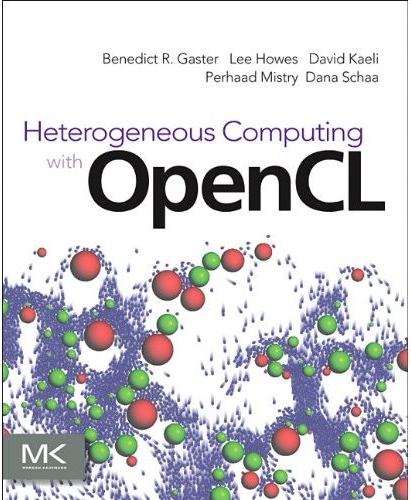
Heterogeneous Computing with OpenCL, Benedict Gaster, Lee Howes, David R. Kaeli, Perhaad Mistry, Dana Schaa
A detailed introduction to programming for heterogeneous devices, this book presents the OpenCL language along with its C API. Additionally, each component is contextualized with discussions of traditional architectures for CPUs, GPUs, FPGAs, and other devices and several case studies, with accompanying source code examples.
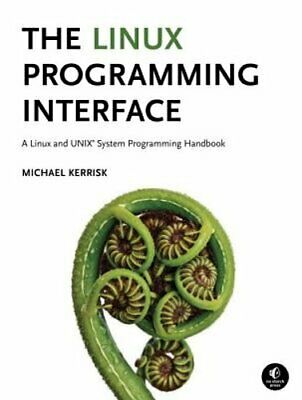
The Linux Programming Interface, Michael Kerrisk
A comprehensive and detailed exposition of the entire API of the Linux kernel. An enormous tome written by the maintainer of the kernel manual pages, walking through every conceivable component of Linux with historical references, comparisons to other operating systems in the Unix family, code samples, and in-depth descriptions.
Also doubles as an intimidating artefact to be displayed on one's desk (I have this one autographed =)

Programming in Lua, Roberto Ierusalimschy
A programming guide for this extremely elegant language. Lua is unique in many aspects of its design, not least of which is its simplicity. Very few — but powerful — language constructs underlie the implementation of concepts found in most programming languages.
This book presents common programming topics from the idiosyncratic point of view of Lua and will teach all that is necessary for someone interested in using it either directly or as an auxiliary scripting language in a larger program.
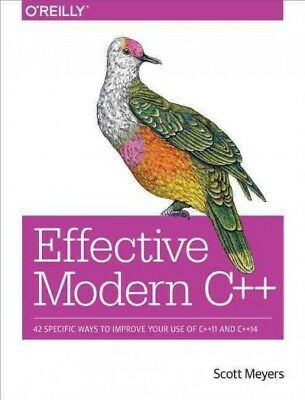
Effective Modern C++, Scott Meyers
The latest revision of the mandatory reading series for C++ programmers. Each new revision of the language (a steady process every three years now, since C++11) has introduced powerful and expressive constructs, always building on top of previous ones. The Effective series presents these new concepts in a pragmatic way with copious code examples and is considered a reference for best practices and guidelines among C++ programmers.

Test Driven Development for Embedded C, James W. Grenning
A very good introduction to Test Driven Development with an emphasis on systems programming for embedded devices. Always in a very practical manner, sample programs of progressive complexity — from simple unit tests to black-box integration tests involving several components — are presented along with techniques to address the challenges inherent in designing software for constrained hardware platforms.
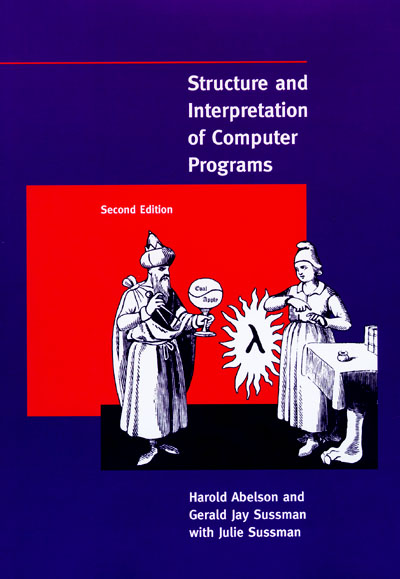
Structure and Interpretation of Computer Programs, Harold Abelson, Gerald Jay Sussman, Julie Sussman
Undoubtedly the best introductory programming book for Compute Science courses. Lisp and the rich collection of problems and exercises presented throughout the book will fundamentally transform how a programmer views and reasons about code and computation in general, even for those who program in different languages and paradigms.
The full accompanying course is also available on MIT's OpenCourseWare's Youtube channel.
Tragically, the original archive seems to be gone from the MIT Press web site. Since it was originally published "under a Creative Commons Attribution-Noncommercial 3.0 Unported License", a mirror of the content is hosted in this web site here.
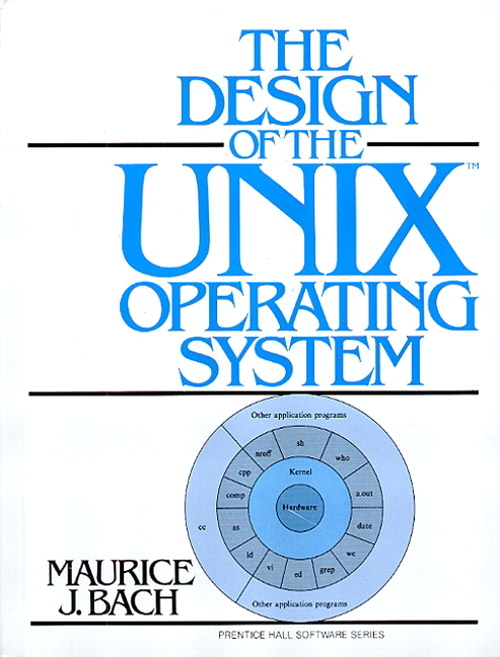
The Design of the UNIX Operating System, Maurice J. Bach
A detailed, low-level analysis of the implementation of operating systems with examples from the early versions of Unix. Each subsystem is described, from the hardware to the user programs: algorithms and data structures are presented, with a generous amount of diagrams and C code.
A reference for programmers writing system code and a guide for those interacting with it, this book is indispensable for anyone working with Unix, the most influential operating system in history, or any of its descendants.
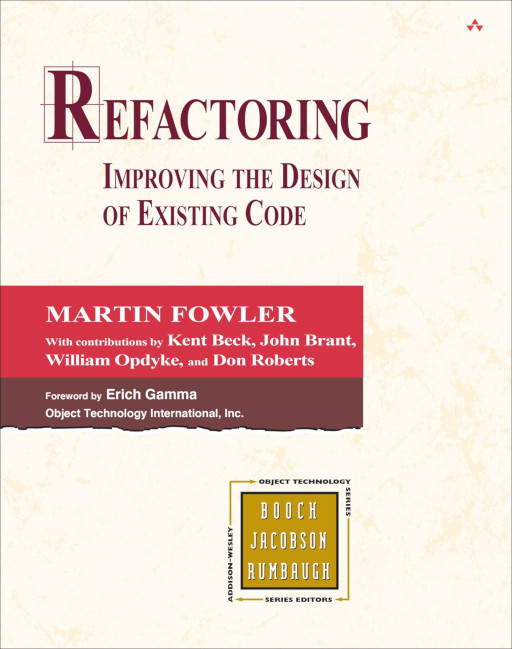
Refactoring: Improving the Design of Existing Code, Martin Fowler
An introduction to the extremely effective combination of Test Driven Development and systematic code editing procedures. This book thoroughly describes how to structure code for robustness and how to change and evolve it while maintaining its integrity and guaranteeing no regressions are introduced.
I had the luck of finding a copy in my university's library and reading it in my first few semesters there: it shaped how I write and edit code from the beginning.

